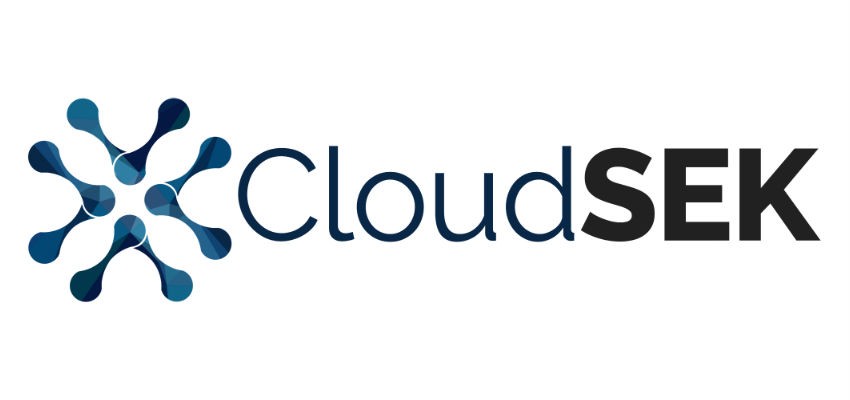Domains Project: Processing petabytes of data so you don't have to
Phish is a new monitoring service for battling phishing attacks.
This public dataset contains freely available sorted list of Internet domains.
You can support this project by doing any combination of the following:
- Posting a link on your website to DomainsProject
- Opening issue and attaching other domain datasets that are not here yet (be sure to scroll through this README first)
- Publishing research work and linking to DomainsProject
- Sponsoring this project. See Subscriptions
- 10 Million
- 100 Million
- 1 Billion
- 1.7 Billion
- 500TB
- 925TB
- 1PB
- 1.3PB
- 1.5PB
- More than 1TB of Internet traffic is just 3 Mbytes of compressed data
- 1 million domains is just 5 Mbytes compressed
- More than 5.7PB of Internet traffic is necessary to crawl 1.7 billion domains (3.4TB / 1 million).
- Only 4.6Gb of disk space is required to store 1.7 billion domains in compressed form
- 1Gbit fully saturated link is good for about 2 million new domains every day
- 8c/16t and 64 Gbytes of RAM machine is good for about 2 million new domains every day
- 2 ISC Bind9 instances (>400 Mbytes RSS each) are required to get 2 million new domains every day
- After reaching 9 million domains repository was switched to compressed files. Please use freely available XZ to unpack files.
- After reaching 30 million records, files were moved to
/dataso repository doesn't have it's README at the very bottom.
This repository empoys Git LFS technology, therefore user
has to use both git lfs and xz to retrieve data. Cloning procedure is as follows:
git clone https://github.com/tb0hdan/domains.git
cd domains
git lfs install
./unpack.shSubscribers have access to raw data is available at https://dataset.domainsproject.org
Some other availabe features:
- TLD only
- Websocket for new domains
- DNS JSON (with historical data)
wget -m https://dataset.domainsproject.orgAfter unpacking, domain lists are just text files (~49Gb at 1.7 bil) with one domain per line.
Sample for data/afghanistan/domain2multi-af.txt:
1tv.af
1tvnews.af
3rdeye.af
8am.af
aan.af
acaa.gov.af
acb.af
acbr.gov.af
acci.org.af
ach.af
acku.edu.af
acsf.af
adras.af
aeiti.af
Domains Project uses crawler and DNS checks to get new domains.
DNS checks client is in early stages and is used by select few. It is called Freya and I'm working on making it stable and good enough for general public.
HTTP crawler is being rewritten as well. It is called Idun
Typical user agent for Domains Project bot looks like this:
Mozilla/5.0 (compatible; Domains Project/1.0.8; +https://domainsproject.org)
Some older versions have set to Github repo:
Mozilla/5.0 (compatible; Domains Project/1.0.4; +https://github.com/tb0hdan/domains)
All data in this dataset is gathered using Scrapy and Colly frameworks.
Starting with version 1.0.7 crawler has partial robots.txt support
and rate limiting. Please open issue if you experience any problems. Don't forget to include your domain.
Add this to your robots.txt:
User-agent: domainsproject.org
Disallow:/
or this:
User-agent: Domains Project
Disallow:/
bot checks for both.
Yacy is a great opensource search engine. Here's my post on Yacy forum: https://searchlab.eu/t/domain-list-for-easier-search-bootstrapping/231
Rapid7 Sonar FDNS - no longer open
List of .FR domains from AfNIC.fr
bigdatanews extract from Common Crawl (circa 2012)
Common Crawl - March/April 2020
The CAIDA UCSD IPv4 Routed /24 DNS Names Dataset - January/July 2019
This dataset can be used for research. There are papers that cover different topics. I'm just going to leave links to them here for reference.
Phishing Protection SPF, DKIM, DMARC
Email address analysis (Czech)
Proteus: A Self-Designing Range Filter
Large Scale String Analytics in Arkouda
Fake Phishing: Setup, detection, and take-down
Cloudy with a Chance of Cyberattacks: Dangling Resources Abuse on Cloud Platforms
Drupal and the Open Web in the Australian Government - 2022 edition
The Internet of Names: A DNS Big Dataset
Enabling Network Security Through Active DNS Datasets
Analysis of the Internet Domain Names Re-registration Market
Detection of malicious domains through lexical analysis
Malicious Domain Names Detection Algorithm Based on Lexical Analysis and Feature Quantification








